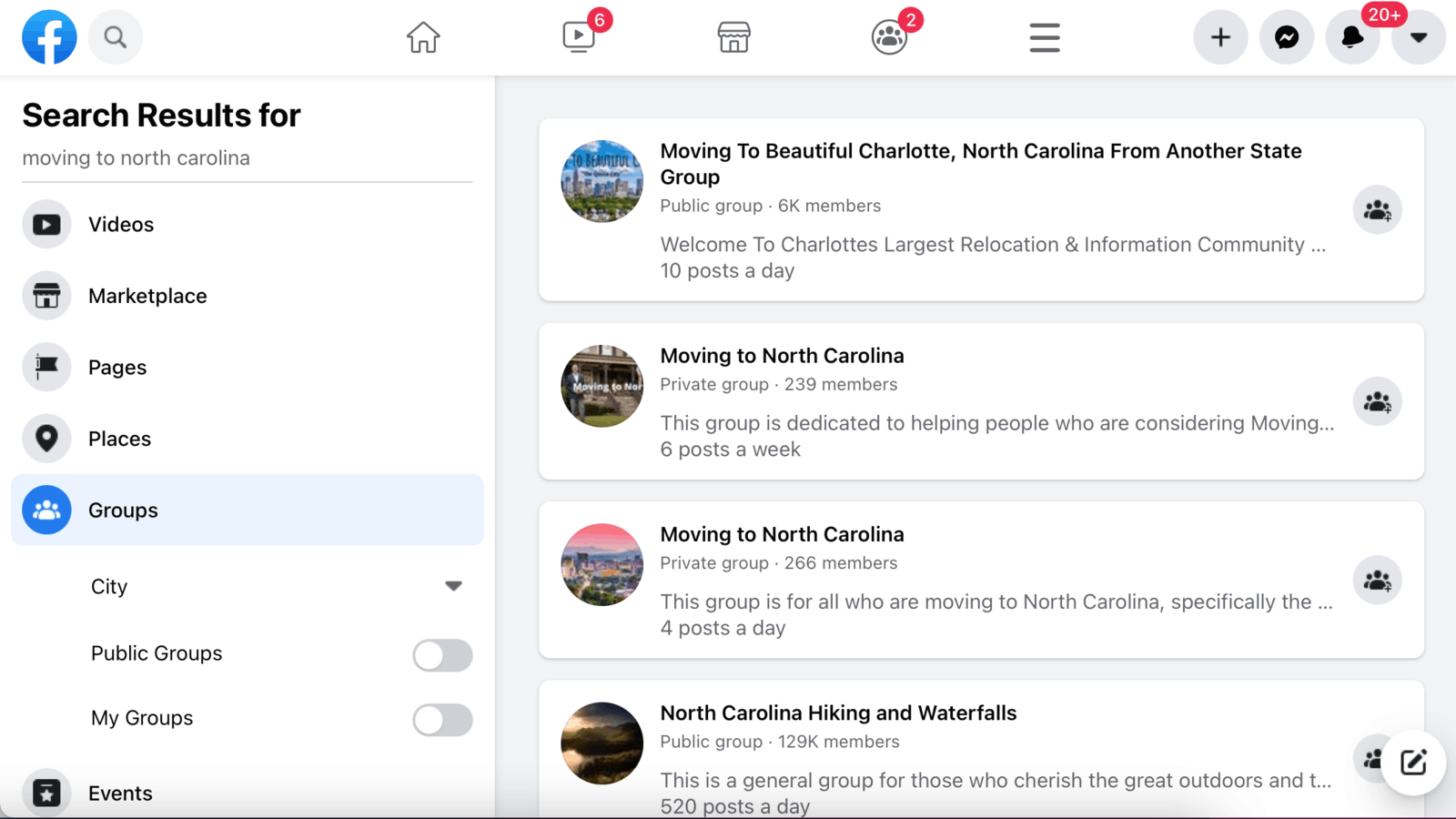
Real estate is a career with unlimited potential, but it’s also a highly selective market. Clients are particular about their real estate brokers, which makes sense—they’re about to make a costly and potentially life-changing investment. What’s highest on a client’s list when they’re choosing a North Carolina real estate broker? Most of the time, it’s your reputation.
Your reputation isn’t just built by word-of-mouth anymore. Potential clients are often checking you out online before they even get in touch with you. They’ll look at your social media profiles, blog posts, listing, reviews and other places where your name appears on the Internet to get a full sense of your online image.
“Before the internet,” writes John Hall in Forbes, “what anyone could learn about you was pretty limited to the Yellow Pages. Reputation was mostly gleaned by word of mouth, so concrete evidence of a person’s character took, well, actually getting to know him or her.”
Statistics show that 42% of consumers look someone up before they decide to do business with them. And 45% decided not to engage a professional’s services because of what they saw.
“Meeting someone in person isn’t so much a first impression as it is your chance to confirm or refute what you’ve already found online,” writes Hall.
Here are five ways to boost your online reputation in real estate:
1. Monitor your online presence
A general Google search can be a decent way to keep tabs on your name and your business online, but it’s time-consuming and bypasses social media sites. An easier way to do this is to set up Google Alerts, a tool that sends emails to the user when it finds new results—such as web pages, newspaper articles, or blogs—that match the user’s search term. Enter your name or the name of your firm in the search bar and you’ll get an email every time you’re mentioned.
Don’t know how to set up a Google alert? It’s simple, just head to www.google.com/alerts and fill out the form.
2. Share your expertise in online channels
You don’t have to wait for a public relations expert to help you tell your story. You can self-publish your ideas on the internet and build a name for yourself in the specific areas of your expertise.
“Start your own blog detailing your personal successes as a real estate agent,” said Todd William, the founder and CEO of Reputation Rhino. “Showcase the houses you recently sold and what you have on the market, the rise and fall of local home values, and the ways the housing market is recovering and how an experienced real estate agent makes a difference.” William’s company focuses on building online reputations for individuals and companies in industries as far-reaching as photography and life insurance.
Writing thoughtful and well-informed blog posts helps demonstrate your authority and your intimate knowledge of the real estate market.
William also added that highlighting positive reviews and testimonials from former clients and offering general real estate advice on your blog are also effective ways to boost your online reputation.
You don’t have to invest hours of your time or a lot of money into creating a blog. Starting off with a simple out-of-the-box solution from Squarespace or WordPress takes only minutes and will look professional.
Free report: Get insights to help maximize your earning potential. Download your free copy of the North Carolina Real Estate Income Guide.
3. Use social media to your advantage
The National Association of REALTORS (NAR) reports that 89% of real estate professionals are using social media. So it’s something you should prioritize. William suggests using ActiveRain, LinkedIn, and Facebook. “Start an account with all three social sites to maximize your networking potential and link to your primary website to push your profile to the top of a Google search.” Instagram is another top social media network that gives you a way to connect with potential clients in real time.
Don’t feel like you can leverage all social media networks successfully? Start with just one. You don’t have to know everything about social media marketing to begin making an impact in this area of your online reputation. Find someone who is doing a great job of it, and follow them to start learning their strategies.
Joyce Rey, the executive director in Los Angeles for Coldwell Banker, has a powerful Instagram account that’s worth looking at, for instance.
Find examples of successful real estate social media accounts specific to North Carolina in our post, Social Media for Real Estate Pros: Here’s What the Top Salespeople Do.
4. Contribute to online communities and message boards
Contributing to community discussions on message boards and on Facebook groups is one way to establish yourself as an expert. Spend time finding the right groups for your community. Many cities will have Facebook groups for people moving into or out of the area.
To find them, head to the search bar inside of Facebook, enter your top keywords (e.g. “moving to North Carolina” or “moving to Durham”) and select “Groups” from the subheadings you can search within.
The example below shows the different groups available for people moving to North Carolina. Once you’re active in these groups, you can develop leads and improve your reputation by being the go-to expert for community knowledge.

5. Request client reviews
There’s nothing quite like a personal testimony. According to a survey by BrightLocal, 79% of consumers trust online reviews as much as personal recommendations from their friends. That’s astounding considering most reviews are posted by total strangers.
Prospective clients want to see that you’re the real deal, and the proof of that is in your reviews. So get your clients to leave you a review for a job well done—whether it’s a testimonial you can profile on your blog, a review on your Yelp page, or a shout-out on social media.






